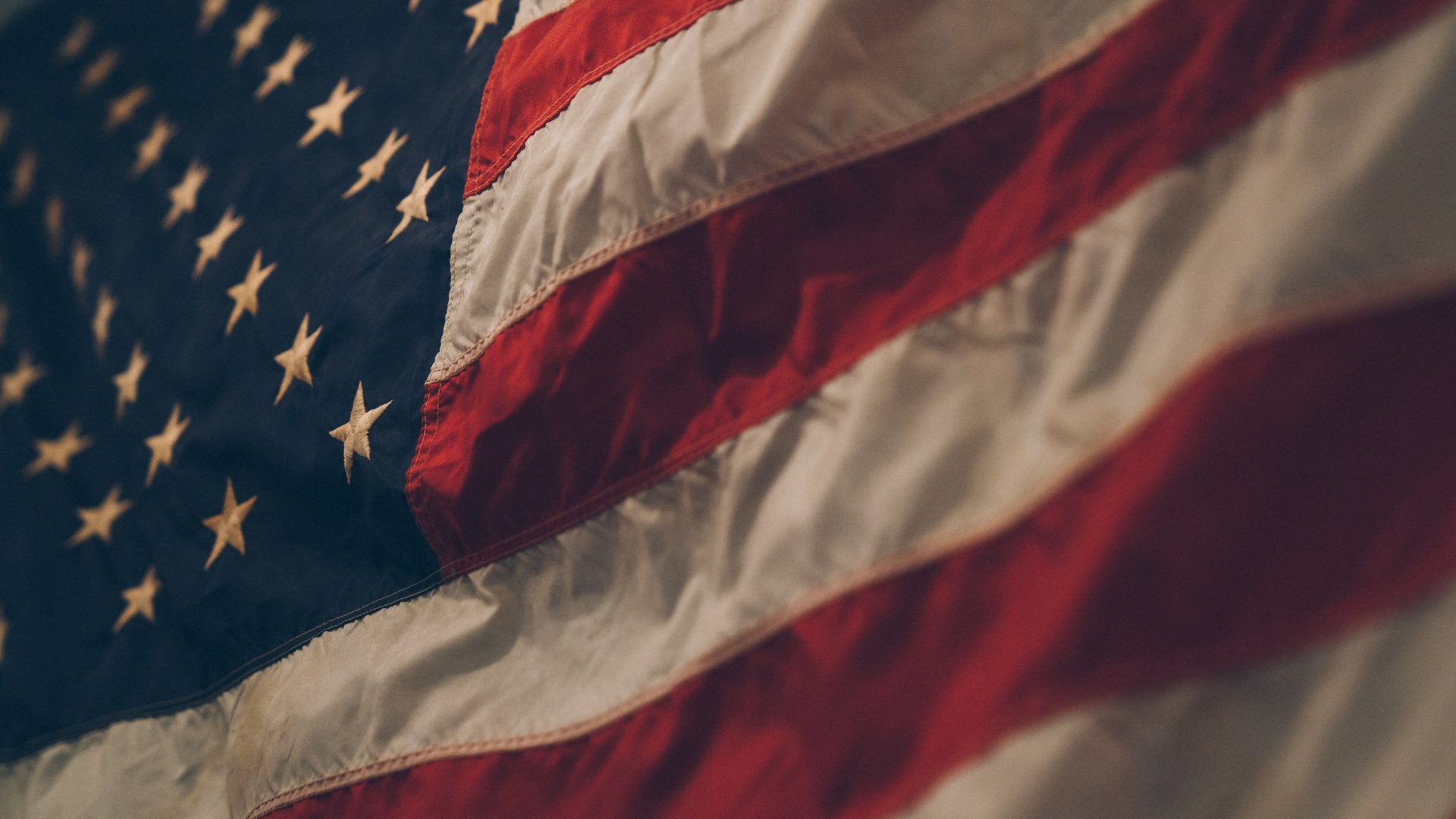
I’ve been off for two weeks on account of a family visit to Italy. It was a time to relax — and also, to reflect. The trip was one part pure vacation; the other a roots tour. We visited the tiny mountain village where my wife’s father was born and raised called Camporaghena, located in the region of Tuscany very close to Ligora, in the province of Massa-Carrara, the Comune di Comano. The current population is just 15, and it was about 300 in the 1950s. There was no electric or indoor plumbing when Renato John Nardini was born — they lived simply. He had four siblings, and though one was a shepherd, he was nevertheless able to emigrate to the U.S., where he became an orthopedist. His is one of countless American rags-to-riches stories, and so many of you have your own.
When I travel abroad, I often come home mindful of two things:
First, how insular we Americans can be — inwardly focused and disconnected from global affairs, despite, as Tom Friedman would say, the world being flat. Second, I’m always grateful to have been born. . .here. This time I had a third thought. For the first time in my life, I worry about our ability to stay intact. Leadership, incivility, immigration, and violence were all on my mind. Recent data suggests I’m not alone in my concern. Many of us have more fear than optimism about the United states. Of course I’m concerned about the economy. The price of everything from gas to coffee is exploding, inflation is now at 9.1 percent, stocks and 401k’s are crashing, but those metrics feel transitory. The headlines from home while I was abroad put bigger worries in my head.
I departed two weeks ago on the day Cassidy Hutchinson was testifying before the January 6 Committee. The 26-year-old former aide to Chief of Staff Mark Meadows delivered credible testimony about the unhinged behavior of then-President Donald trump. Even if it turns out that her testimony over-reached by offering hearsay about what went on inside the Presidential SUV, she was yet another witness who has painted a compelling picture of Trump’s lack of fitness to serve – then or in the future.
And yet, as of today, surveys say he remains the most likely Republican Candidate for 2024, with his announcement possibly coming soon. Meanwhile, the most likely Democratic Candidate is the incumbent President, himself too old to serve a second term. I don’t say that in any gloating sense. Joe Biden’s a decent man. When in May I said here that President Biden should announce before the midterms that he would not seek a second term for his own sake and that of the country, many of you howled. How could I suggest such a thing? And on CNN of all places! But I was only saying what others were thinking. Now the conversation is openly discussed.
Peter Baker in the New York Times just wrote about insights from multiple current and former senior officials and said:
“They acknowledged Mr. Biden looks older than just a few years ago, a political liability that cannot be solved by traditional white house stratagems like staff shake-ups or new communications plans. His energy level, while impressive for a man of his age, is not what it was, and some aides quietly watch out for him. He often shuffles when he walks, and aides worry he will trip on a wire. He stumbles over words during public events, and they hold their breath to see if he makes it to the end without a gaffe.”
Then came a Washington Post three-person bylined piece that revealed the administration’s flat-footedness for 14 days after the overturning of Roe v. Wade — an opinion that we all knew was coming because the draft was leaked five months ago. It is no wonder then that a Yahoo!/YouGov poll found that only 18 percent of Americans overall think that he should run for re-election. Yet in a New York Times/Siena College poll, he nevertheless beats Trump. For entirely different reasons, these are not the best two among us. One’s unfit, the other too old (putting aside the personalities).
That Times/Siena College Poll also found that a majority of American voters across nearly all demographics and ideologies believe their system of government does not work. What else distressed me from abroad? That San Antonio migrant tragedy, with 53 dead in a tractor-trailer that had passed through a federal immigration checkpoint — an example of the immigration can kicked down the road because neither side wants to offend their base. Immigration is a problem that can be solved if only Congress would exhibit missing courage, set some rules that close porous borders but allow for a continued stream of freedom seekers.
Now that I’m home, I decided I’m going to eat at Morton’s soon. While I was away, the steakhouse became the victim of an avalanche of bogus reservations after its handling of protesters who showed up to confront Justice Brett Kavanaugh, who was dining inside. At the same time, a liberal advocacy group said it will offer 250 dollars to D.C. Service industry workers who drop the dime upon seeing any justices who voted to overturn Roe.
Sure, people have the right to stand in a public space near where a justice is engaged in their personal life, but I think it’s gross nonetheless. I think AOC disagreed with me until some internet a**hole confronted her in a misogynistic way right on the Capitol steps. Have you no decency, sir? Take a look at the way those who serve are treated and you will better understand why some of the best among us remain on the sidelines.
Mostly what distressed me about America was reading about violence. After Buffalo. Post-Uvalde. The shooting in Highland Park, Illinois that killed seven. This, by the way, overshadowed multiple other shootings that same holiday weekend — at least 62 were shot and 10 killed in Chicago. With a surge in crime across big cities nationwide, Starbucks plans on closing 16 stores citing personal safety concerns. The coffee giant also said they’ll provide their baristas with active shooter training.
Yes, other countries have their troubles too. Former Japanese Prime Minister Shinzo Abe was assassinated while I was away, and Boris Johnson finally succumbed to scandal. Russia’s invasion of Ukraine continues, and there’s complete political turmoil in Sri Lanka.
But I’m worried about America, and it’s not just me.
“Nearly every American has a foreboding that the country they love is losing its way.”
This was a recent headline from a Washington Post article by David Ignatius which discusses that there is actual data behind my post-travel feelings. Ignatius highlights the work of rand corporation’s Dr. Michael Mazarr, who spent a year analyzing the characteristics of national competitive success. His data clearly reflects that morale in America is low. There is actual evidence that we have declining national ambition, and that younger Americans increasingly do not believe that the nation is exceptional or that the country is not on the right track towards greatness. The evidence shows our country is fearful and pessimistic.
Still, there is hope.
“Is the world really falling apart? Or does it just feel that way?”
Max Fisher — channeling Harvard’s Steven Pinker, who joined me on CNN this weekend — addressed that question in his New York Times front-page story, noting that war is less common. Globally we have had less genocides, and overall quality of life has improved in recent decades. He argues that improvements are things that we don’t see: we don’t see wars that never happened or deaths that were prevented by modern medicine. The data also suggests that stories like that of my Father-in-Law — coming from dirt villages in distant lands and making a better life in America — still occur. In fact, the children of immigrants still have a better income trajectory than those of people whose parents were born in the United States, according to two economic historians, Ran Ambramitzsky from Stanford and Lea Boustan from Princeton.
After analyzing census records and big data about immigration, they’ve just published a new book, “Streets of Gold: America’s Untold Story of Immigrant Success.” In it, they argue that while today the journey might not begin as it did for so many families in Italy, Poland, Ireland or elsewhere in Europe. . .it might be in China, India, Mexico or the Dominican Republic. Nevertheless, the American dream continues to be fulfilled. The children of immigrants are still exceptionally good at moving up the economic ladder, something as true today as it was in the Ellis Island era for my family. They are twice as likely to become rich as the children of those born in the United States.
So is “Our National Nervous Breakdown” warranted? Those were the words used by The Atlantic‘s Jeffrey Goldberg to my colleague Brian Stelter in an episode of his Reliable Sources podcast. The answer is mixed. Yes, our nation still offers hope to millions, and we’re lucky to be here. But we’re off-course in too many ways. Our republic is being tested and largely failing.

Michael Smerconish
Using the perfect blend of analysis and humor, Michael Smerconish delivers engaging, thought-provoking, and balanced dialogue on today’s political arena and the long-term implications of the polarization in politics. In addition to his acclaimed work as nationally syndicated Sirius XM Radio talk show host, newspaper columnist, and New York Times best-selling author, Michael Smerconish hosts CNN’s Smerconish, which airs live on Saturday at 9:00 am ET.






